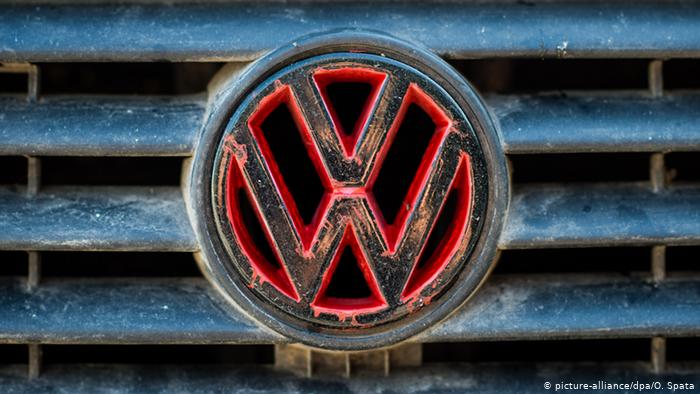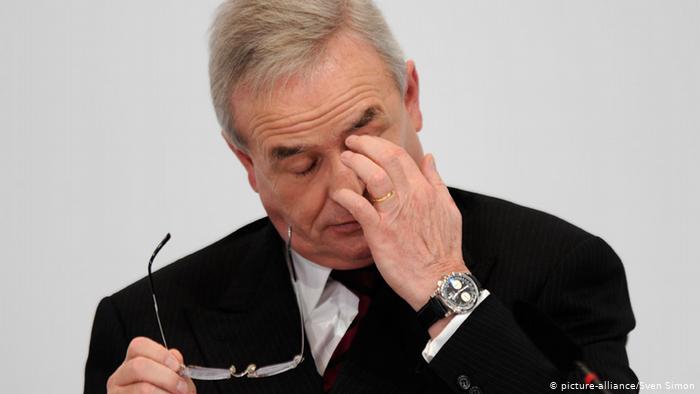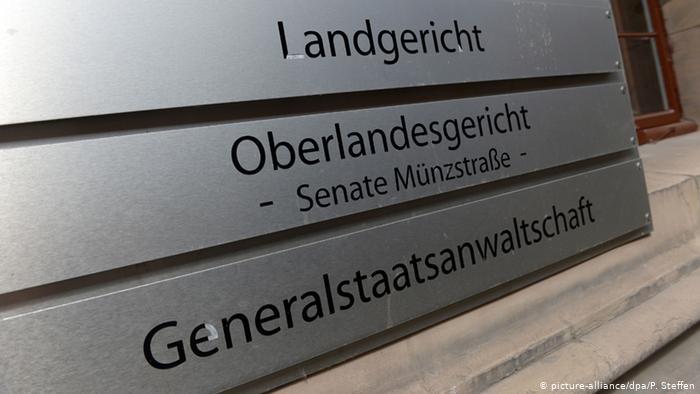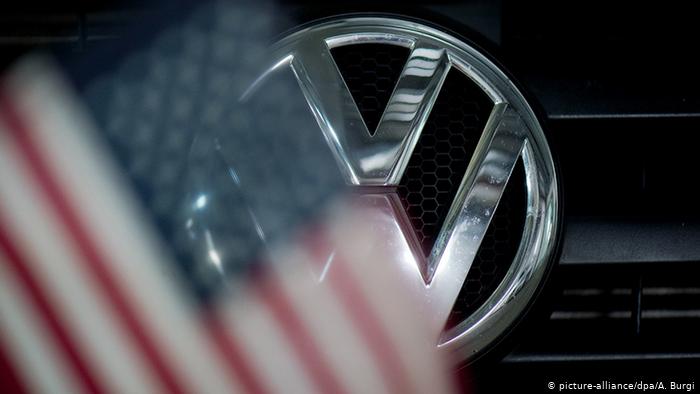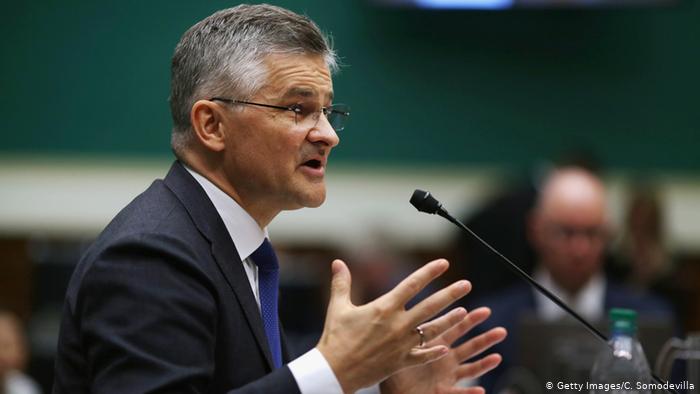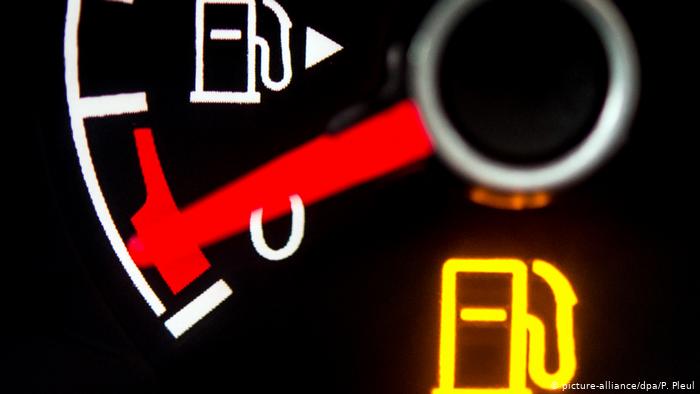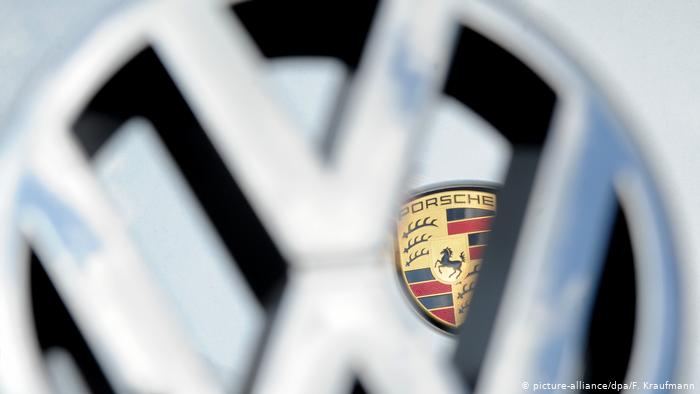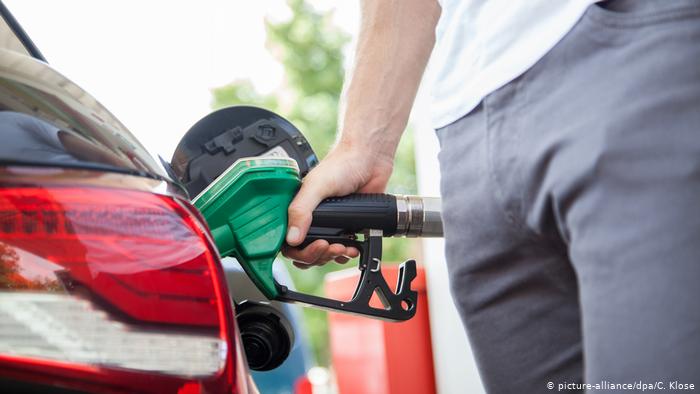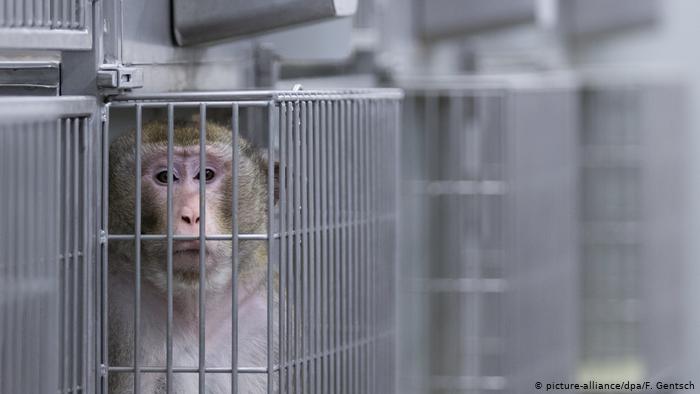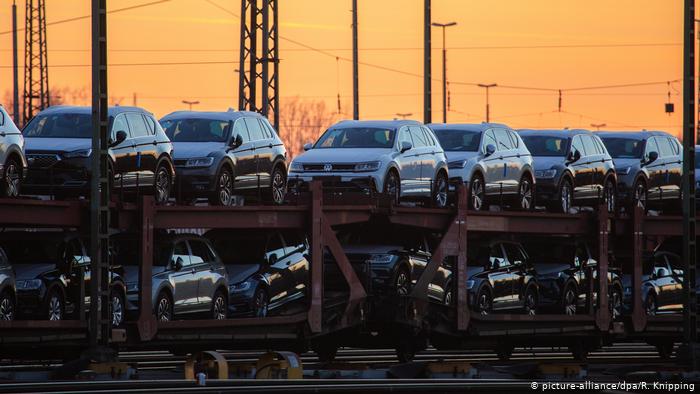Toronto Judge Enzo Rodinelli gave the German carmaker 30 days to pay the unprecedented fine worth $196.5 million Canadian dollars, ($150 million, €136 million), a sum prosecutor Tom Lemon said was 26 times greater than previous environmental offences in Canada.
The court’s ruling followed VW guilty pleas to 60 charges lodged by Canada in December after four years of investigation into the import of nearly 128,000 VW, Audi and Porsche vehicles between early 2008 and late 2015.
Read more: Raids on Mitsubishi in Germany in emissions probe
Lemon said the fine reflected “the gravity of the conduct” and was “unprecedented” in terms of federal Canadian environment judgments.
Replying, the German carmaker said the fine amounted to “resolution” of its efforts to “make things right in Canada,” adding that the payment would support Canadian environmental projects.
Read more: Dieselgate scandal costs Daimler additional €1.5 billion
Overall cost €30 billion
“Dieselgate,” the scandal that began unfolding in 2015, has so far cost Volkswagen more than €30 billion in legal fees, fines and compensation, mainly in the United States.
Prior to Wednesday’s ruling, VW had already agreed to outlay €2 billion to compensate Canadian owners by buying back or fixing affected vehicles.
The focus of Dieselgate was software in more than 11 million vehicles intentionally programmed to disguise regular pollution levels during vehicle testing.
Last week, Poland’s consumer watchdog, UOKiK, said it intended to fine Volkswagen for misleading customers. In Germany, a massive lawsuit involving hundreds of thousands of owners is still proceeding.
-
Dieselgate: A timeline
The disaster unfolds — September 2015
About two weeks after Volkswagen admitted behind closed doors to US environmental regulators that it had installed cheating software in some 11 million of its diesel vehicles worldwide, the Environmental Protection Agency shared that information with the public. It was September 18, 2015. The ensuing crisis would eventually take a few unexpected turns.
-
Dieselgate: A timeline
The boss must go, long live the boss — September 2015
Volkswagen’s then-CEO Martin Winterkorn (above) had little choice but to step down several days after news of the scandal broke. In September 2015, he tendered his resignation, but retained his other posts within the Volkswagen Group. Winterkorn’s successor was Matthias Müller. Until taking the reins at VW, Müller had been the chairman at Porsche, a VW subsidiary.
-
Dieselgate: A timeline
Raiding headquarters — October 2015
Regulators in the US weren’t the only ones investigating VW. Authorities in Lower Saxony, the German state in which VW is based, were also scrutinizing the company. On October 8 2015, state prosecutors raided VW’s headquarters along with several other corporate locations.
-
Dieselgate: A timeline
Hell breaks loose — January 2016
On January 4, 2016, the US government filed a lawsuit against VW in Detroit, accusing the German automaker of fraud and violations of American climate protection regulations. The lawsuit sought up to $46 billion for violations of the Clean Air Act.
-
Dieselgate: A timeline
Quit or forced out? — March 2016
In March 2016, the head of VW in the US, Michael Horn, resigned. In the initial days and weeks after the scandal broke, he was the one US authorities turned to for information. He issued an official apology on behalf of the automaker, asking for the public’s forgiveness.
-
Dieselgate: A timeline
Settlement — October 2016
On October 25 2016, a US judge approved a final settlement that would have VW pay $15.3 billion. In addition, affected cars would be retrofitted with better, non-deceptive hardware and software, or else VW would buy them back completely from customers.
-
Dieselgate: A timeline
Imitators — July 2017
When dieselgate first emerged in 2015, analysts said it was likely other car makers were also cheating tests. But it wasn’t until 2017 that other companies were targeted in probes. In July, German authorities launched investigations into luxury car makers Porsche and Daimler for allegedly cheating emissions tests. Others, such as Audi and Chrysler, have also been hit by similar allegations.
-
Dieselgate: A timeline
Public still supportive — December 2017
Despite dieselgate, VW has managed to keep the emissions scandal from utterly tarnishing its image. According to several polls, between 55 to 67 percent of Germans continue to trust the automaker. In the US, polls show that roughly 50 percent still believe the German company produces worthwhile vehicles.
-
Dieselgate: A timeline
Fuming over monkeys — January 2018
In late January, however, VW suffered another heavy blow over reports that the company experimented on monkeys and made the animals inhale diesel fumes. To make matters worse, a separate experiment that had humans inhale relatively harmless nitrogen dioxide was revealed at the same time. Some media wrongly interpreted this to mean humans were also inhaling toxic fumes.
-
Dieselgate: A timeline
Canadian court demands millions — January 2020
Years after the scandal that caused Volkswagen to pay CAN$2.4 billion (US$1.83 billion), a court in Toronto order a further fine of CAN$196.5 million. Volkswagen pleaded guilty of violating in environmental laws. Prosecutor Tom Lemon noted that the fine was “26 times the highest fine ever for a Canadian environmental offence.”
Author: Dirk Kaufmann, Elliot Douglas
ipj/se (dpa, AFP, Reuters)
Every evening, DW sends out a selection of the day’s news and features. Sign up here.
*** This article has been archived for your research. The original version from DW (English) can be found here ***
